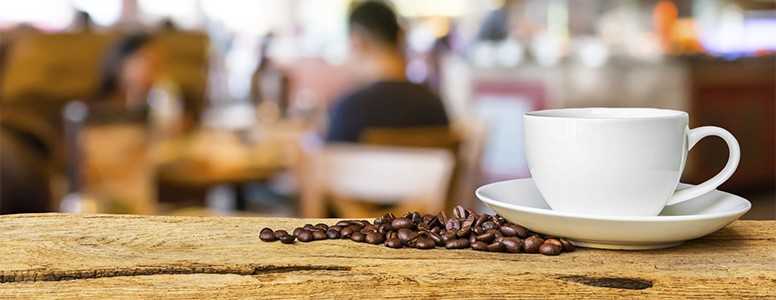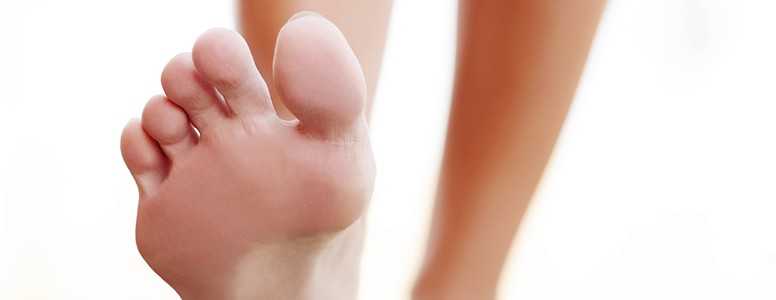Britain’s high street coffee shops and fast food chains are regularly serving “dangerously” high amounts of sugar in hot drinks, a new report from Action on Sugar finds.
Action on Sugar analysed 131 drinks and found that 98 per cent would carry a red nutritional value label for excessive levels of sugar if coffee shops had to label their products.
In 2015, the Scientific Advisory Committee on Nutrition (SACN) recommended that British adults should reduce their daily intake to less than 10 per cent of their total energy intake. This means adults should consume no more than seven teaspoons of sugar (30g) a day.
Regularly eating too much sugar can lead to obesity, which is a major health problem in the UK. In 2014, Health Survey for England revealed that 61.7 per cent of adults in the UK and Ireland were overweight or obese, which significantly increases an individual’s risk of developing type 2 diabetes.
Action on Sugar’s review found drinks that contain over 15 teaspoons of sugar per serving. Starbucks’ Hot Mulled Fruit contained 25 teaspoons of sugar, more than three times the recommended maximum adult daily intake; Costa’s largest chai latte contained 20 teaspoons; and Starbucks’ signature hot chocolate contained 15 teaspoons.
Overall, one third of the drinks tested were found to contain the same amount or more sugar than a can of Coca-Cola, which contains nine teaspoons of sugar per can.
Reducing added sugar
Action on Sugar highlighted Starbucks in their report due to their larger serving sizes, and a Starbucks spokeswoman responded by declaring its intention to tackle the sugar content in their drinks.
Starbucks said it was committed to reducing added sugar in its “indulgent drinks” by 25 per cent by the end of 2020. The company added that it offers lower-sugar options and sugar-free syrups, and “all nutritional information is available in-store and online”.
Kerry Parki, head of communications at Costa, said the firm was taking similar steps. “This April we will be setting salt and sugar reduction targets for 2020,” she added.
The sugar levels in these hot flavoured drinks means they should, at most, become an occasional treat, rather than a regular purchase, according to Kawther Hashem, registered nutritionist and researcher for Action on Sugar.
Hashem said: “They are laden with an unbelievable amount of sugar and calories and are often accompanied by a high sugar and fat snack. It is not surprising that we have the highest rate of obesity in Europe.
“Our advice to consumers is to have a plain hot drink or ask for your drink to contain a minimal amount of syrup, preferably sugar-free, in the smallest serving size available.”
Action on Sugar has been a leading campaigner for the introduction of a sugar tax in the UK. They have called for a 50 per cent reduction in sugar, 20 per cent reduction in fat in all unhealthy drinks and foods within five years, and for the advertising of unhealthy drinks and foods to children to be banned.
What's new on the forum? ⭐️
Get our free newsletters
Stay up to date with the latest news, research and breakthroughs.





